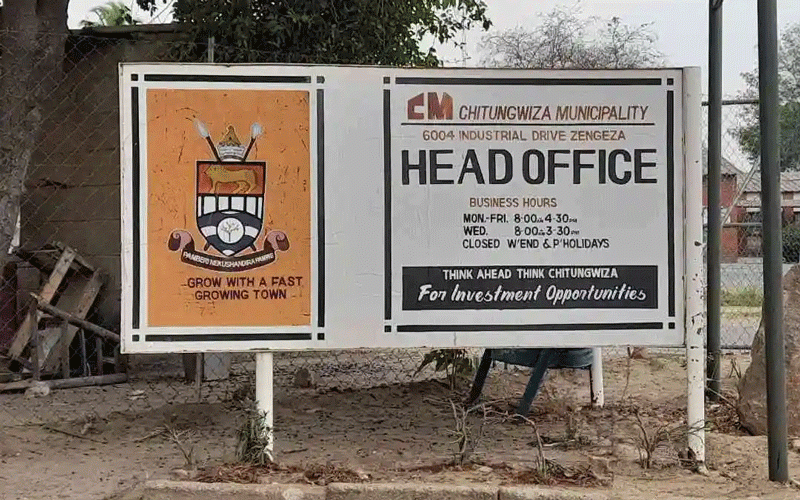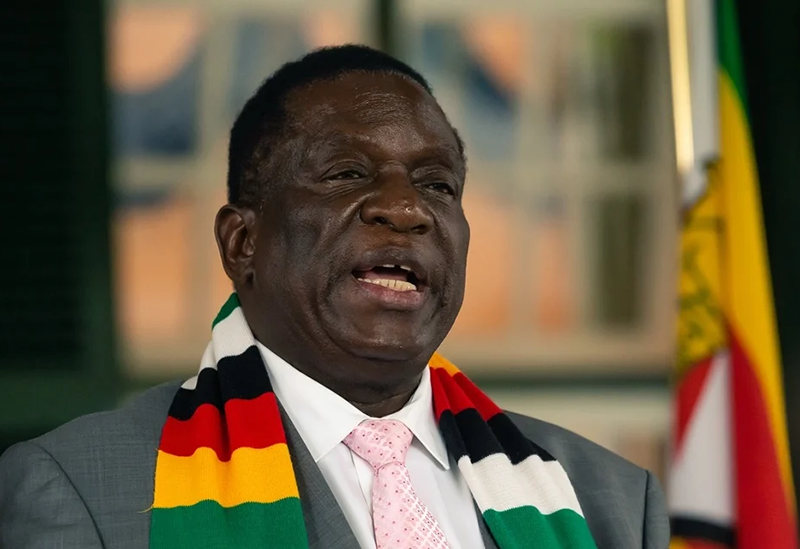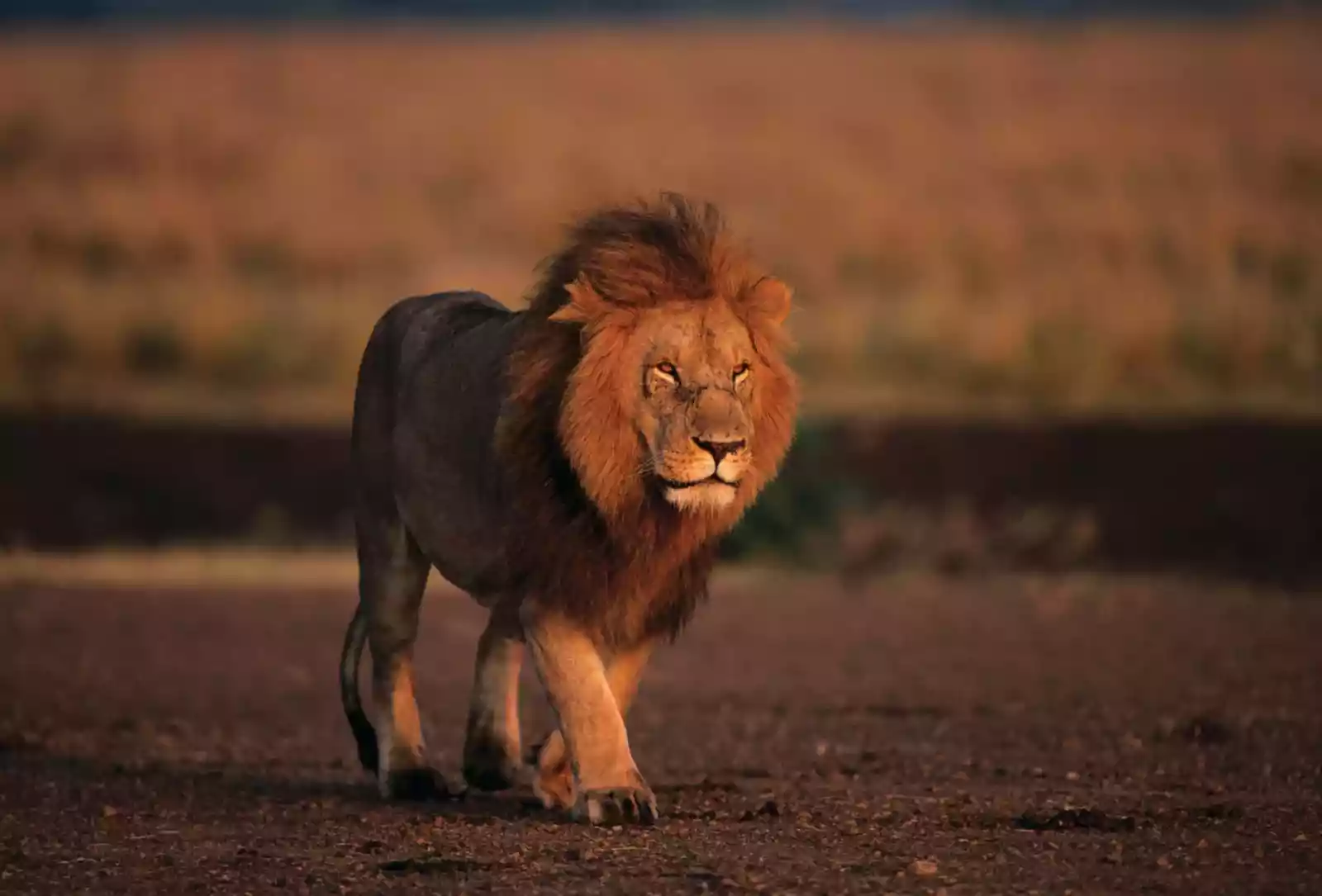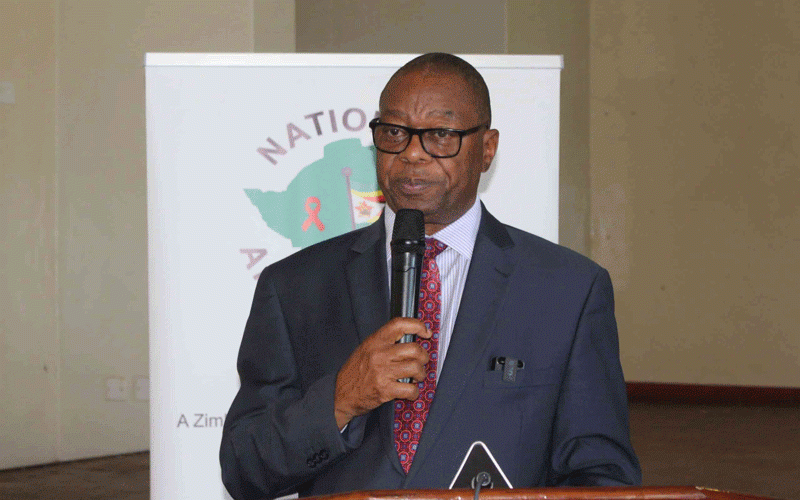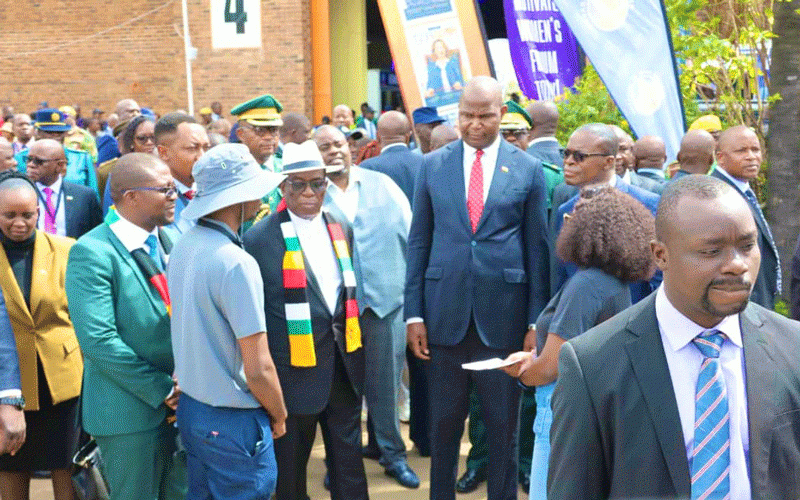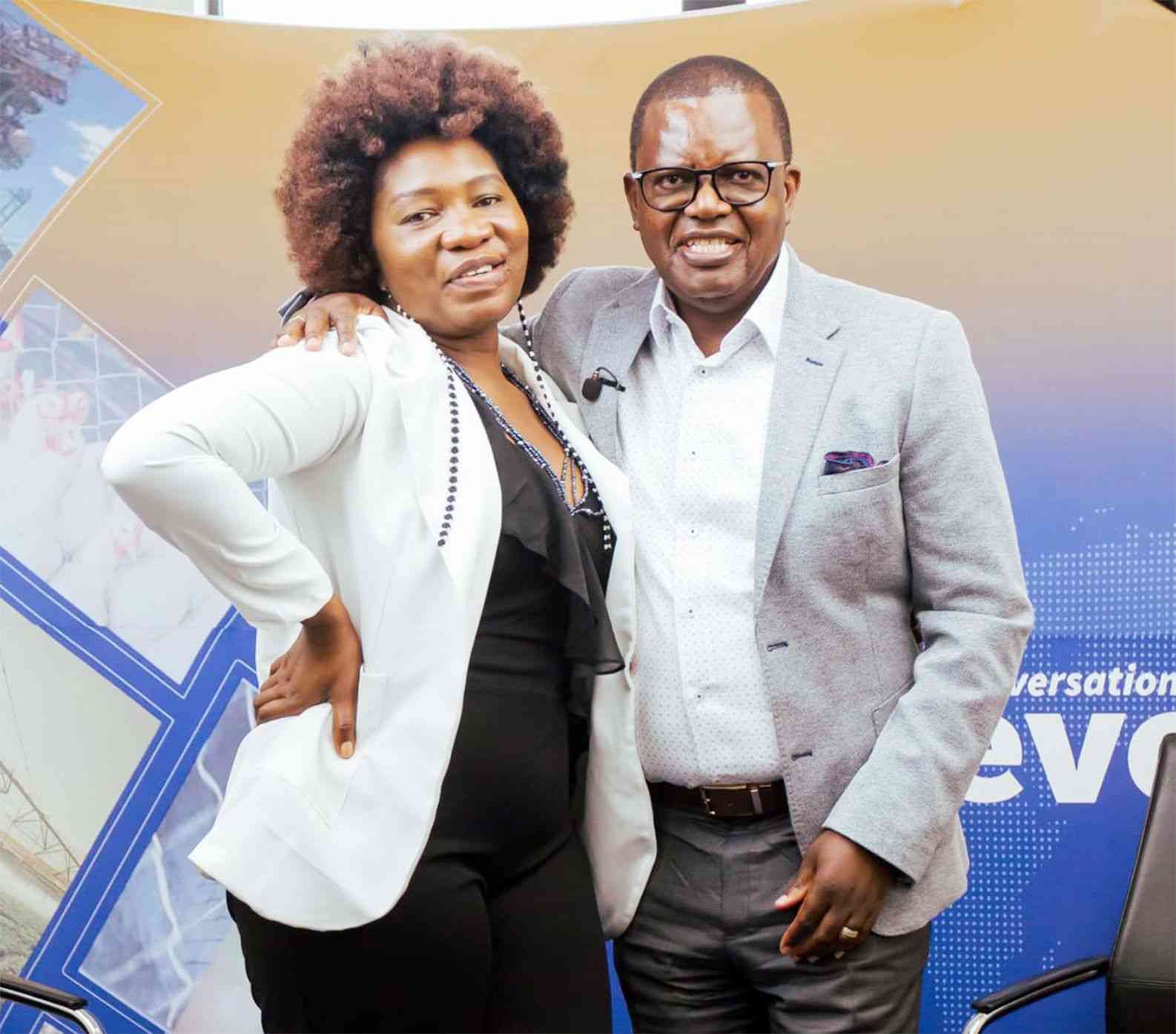
Top musician Edith WeUtonga Katiji says she changed her approach to music after being involved in an accident that left her in a comma.
WeUtonga (EW) spoke about her music journey on the platform In Conversation with Trevor hosted by Alpha Media Holdings chairman Trevor Ncube (TN).
Below are excerpts from the interview.
TN: Today I'm in conversation with Edith WeUtonga Katiji, singer, songwriter, president of the Zimbabwe Musicians Union and the vice president of the International Federation of Musicians. Edith WeUtonga welcome to In Conversation with Trevor.
EW: Thank you so much. It's an honour.
TN: I wish people were aware at home that I battled to get through your name, but I'm glad I finally got it. So,
Edith, you have had an amazing career, you formed your band WeUtonga Band, what year was that?
EW: In 2008 I had the idea that we were going to have this band.
- Edith WeUtonga says accident changed her
Keep Reading
I think it was in April that I sat down with the music producer and I said ‘Look, I want us to change the name because prior to that I had been in an all-female band called Amakhosikazi and the name was a project name.
So I sat down with him and I said you know, what I want us to think about is a name and record new music and in July of that year I was involved in a head-on collision and I was in hospital for a while and then…
TN: How long?
EW: I think over a month. I was in a coma and the first thing that I saw when I woke up in that hospital bed at Parirenyatwa Hospital was the light coming through the window and that's how the name came about.
As I remember sitting back, I said okay I'm alive.
I have just woken up and realising where I was and being told oh, it's been two weeks and there are people around me and that's how the name was born.
So in March 2010, we released the first album of the band WeUtonga and it was a group of people that had been with me on this journey for a while.
TN: People say episodes like that where you get very close to death have a transforming effect on our lives. Has that been the experience with you?
EW: I think the purpose shifts really because sometimes you are thinking, you know I have got all the time to do the things that I want to do and then realise like that it could be gone.
So there was a lot of shifting of things because there was a lot of things that were confusing me up to this day because I don't remember what happened.
I keep asking questions and I remember calling my uncle and saying did people come to the hospital and sing for me because I come from a very musical family and initially when the accident happened I was at Kadoma Hospital before they transferred me to Harare and my uncle said ‘oh yeah people from the church, my grandmother's church they came and sang.’
I said ‘oh I do remember seeing them, but I don't remember who came to sing for me because from the point where I was all I could see there were heads singing down.
So I was looking and there were heads and they were singing to me lying there and I couldn't really explain that up to this day.
You know, then I realised I was gone because from the point where I could see people singing and yet I was supposed to be lying in bed and he said ‘oh, yeah so and so came.’
TN: So what shift happened in terms of your purpose in terms of the way you look at your life?
EW: I think before that, it was like you know when you write songs, you are writing songs for fun.
You are not really thinking much.
TN: So what's the song about you know and take a serious look at things?
EW: I started looking at.. if I'm looking at you now I'm not just looking at ubaba uNcube, you know.
But I'm trying to look into your eyes and seeing what makes you and what are the things that define you and why you do the things that you do and in the end my music has been termed political.
I have been called arrogant because of the music that I write and the issues that I talk about.
So my purpose was if I'm going to be going out there to sing, I'm not going to be planning on bubble gum that people forget, but I want people that encounter my music to understand the purpose of the song and why the song was written.
TN: So what messages are you trying to convey to your audience through your music? Are people saying you are political, you are arrogant, what messages are you trying to portray?
EW: Well for some, the particular songs or a song that has been called political and I remember when the album was released a few radio stations….
You know I remember a DJ saying to me this song won't play and I said why, because the song called Hutungamiri is questioning and then me saying it's moving forward with your people and making sure that you are moving with them because if you don't and you keep walking, one day you look back and find they are gone and the headline in the newspaper, I think it was the Daily News or NewsDay saying the country’s challenges are because of bad governance.
TN: And this song didn't play, what did that do to you? This is your creation you wanted to play, but it's not playing?
EW: I think it felt like I'm not that musician who is going to be favoured in certain spaces or that I shouldn't even look at people liking me.
TN: Did that do anything to you, were you okay with that?
EW: I wasn't affected because I think most of our money as musicians doesn't come from airplay. Airplay on its own in Zimbabwe is an issue because musicians are not getting their royalties.
TN: So there is always pressure from politicians for you to side with them?
EW: I don't want to say from politicians, but there is an incident when I was driving home, I lived in Hillside then and right at the traffic lights on Mutare road a car stopped on our side and the driver of that vehicle said ‘WeUtonga so you have refused to come and play kumagala’.
And for me, I was like, I have never been called to play at a gala. He said: "Are you serious?"
I said yeah and then I went and for sure I received a phone call to go and play at a gala.
I think I have been defined as that person who you cannot be sure of what they are going to say in front of a microphone and in front of an audience.
I have been called to certain events and I think they do this process of vetting and I failed without knowing what exactly it was that I failed.
TN: Does that bother you?
EW: It’s quite interesting for me, it doesn't bother me.
I'm just thinking, but why would people be afraid of what I might say because I believe that the things that I say are things that are meant to be said.
If I'm singing about it then it's meant to be sung about.
You know leadership is not just political. It’s in every institution. So why are we worried about what I will say in front of people if I'm given that platform?
TN: You say you come from a musical family. Talk to me about where the influence has come from as far as your singing is concerned, your music career?
EW: I can say the whole family. My grandmother, my maternal grandfather, and my uncles were conductors in the choir.
Let me say that family where if something happened in the family and you didn't go to church you would feel the gap because my grandfather and grandmother were in the choir.
We were also in the youth choir. I was a soloist in the youth choir..
TN: Which church is that?
EW: CCAP
TN: What does CCAP stand for?
EW: Church of central Africa Presbyterian Church. That’s where I was raised by my maternal grandmother in Kadoma and so things like harmony, things like having that musical ear came naturally because I was always surrounded by music.
When you wake up it's music because there's devotion time at 5am, before you go to bed it's the same thing and then there's choir practice on Tuesday, Thursday and Saturday youth practice and Sunday we are in church.

